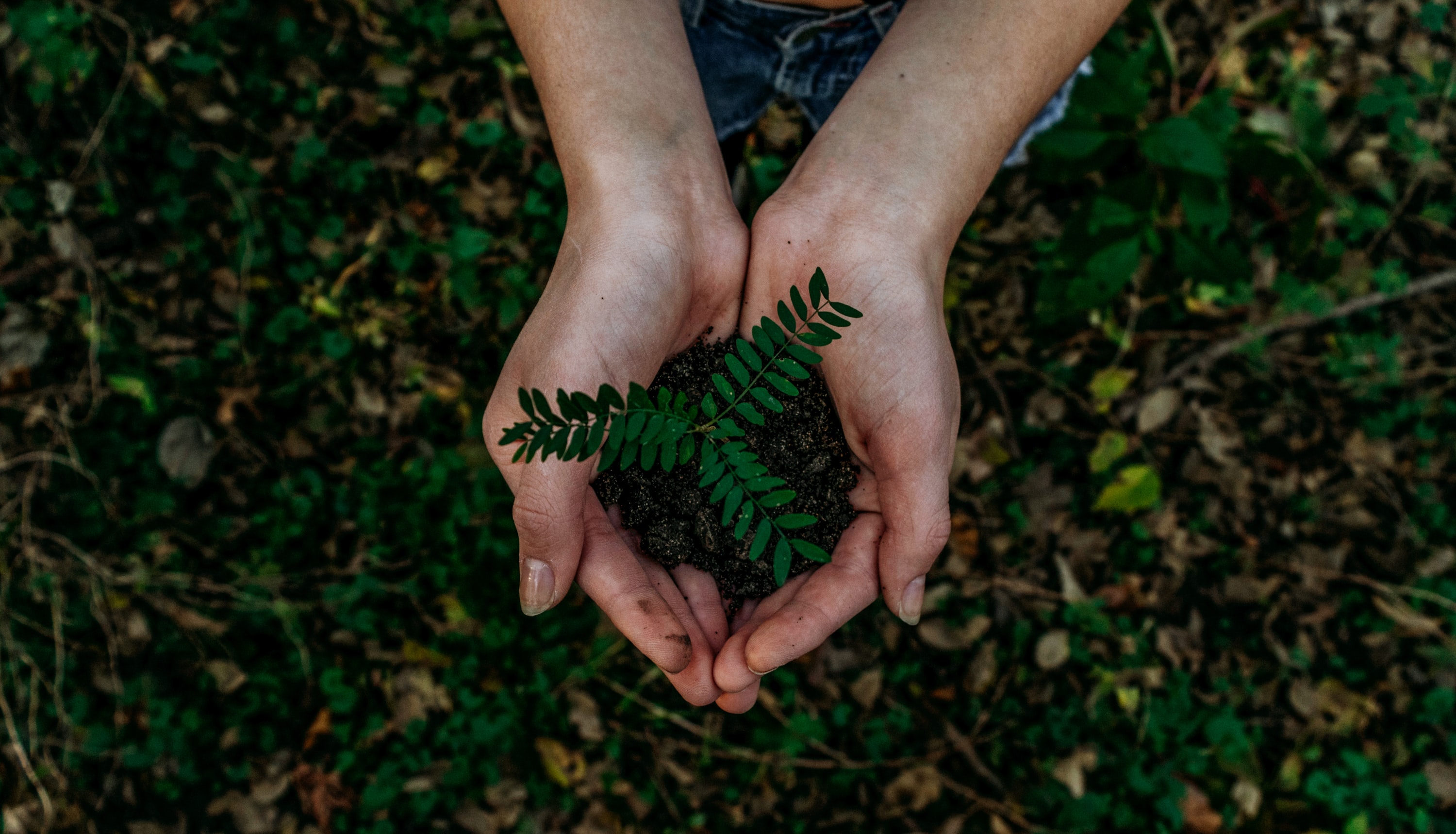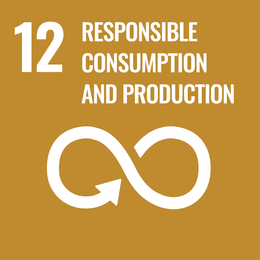SDG #12 - Ensure sustainable consumption and production patterns.
Imagine if...
Imagine if...

Ensure sustainable consumption and production patterns.
Achieving economic growth and sustainable development requires that we urgently reduce our ecological footprint by changing the way we produce and consume goods and resources. Agriculture is the biggest user of water worldwide, and irrigation now claims close to 70 percent of all freshwater for human use.
The efficient management of our shared...
The Center for Creative Land Recycling (CCLR or "see clear") is focused on creating sustainable communities and encouraging environmentally conscious and socially responsible development. Our goal is to revitalize urban areas, discourage urban sprawl, conserve greenspace, reduce energy consumption, and reverse climate change through the facilitation of land recycling. We believe that the creative reuse of already used lands, (often environmentally-distressed properties, commonly referred to as "brownfields") is the key to responsible land use and sustainable development. Our work is accomplished through training, technical assistance and funding for communities who are attempting to turn around vacant or environmentally distressed properties through creative private, public, and nonprofit partnerships. they need to create sustainable, healthy futures.

Founded in 1981, Washington Toxics Coalition (WTC) protects public health and the environment by eliminating toxic pollution. WTC promotes alternatives, advocates policies, empowers communities, and educates people to create a healthy environment. We believe that all people and other species have the right to a healthy environment, free from pollution. We believe in the right to know about toxic chemicals used, released, or disposed of in communities. We advocate precedent-setting policies based on the precautionary principle and pollution prevention. Our positions are developed from a careful review of science and grounded in public policy that promotes a toxic free environment.
Since 1971, BRING has worked to change attitudes and behaviors regarding waste. Today, we focus on the urgent issues of consumption, climate change, and community resiliency. Through our reuse store and community education programs, we fulfill our mission to provide vision, leadership, and tools for living well on the planet we share.
The Sustainable Development Goals (SDGs), also known as the Global Goals, were adopted by all United Nations Member States in 2015 as a universal call to action to end poverty, protect the planet, and ensure that all people enjoy peace and prosperity by 2030. The 17 SDGs are interconnected and integrated, and reaching these goals requires balancing...

Stage 1
Become a founding donor
Stage 2
Help build support
Stage 3
Join the final push
 SDG 10 - Reduced Inequalities
SDG 10 - Reduced Inequalities SDG 15 - Life on Land
SDG 15 - Life on Land SDG 3 - Good Health and Wellbeing
SDG 3 - Good Health and Wellbeing SDG 8 - Decent Work and Economic Growth
SDG 8 - Decent Work and Economic Growth SDG 9 - Industry, Innovation, and Infrastructure
SDG 9 - Industry, Innovation, and Infrastructure SDG 11 - Sustainable Cities and Communities
SDG 11 - Sustainable Cities and Communities SDG 17 - Partnership for the Goals
SDG 17 - Partnership for the Goals Climate
Climate SDG 16 - Peace, Justice, and Strong Institutions
SDG 16 - Peace, Justice, and Strong Institutions SDG 5 - Gender Equality
SDG 5 - Gender Equality SDG 1 - No More Poverty
SDG 1 - No More Poverty SDG 6 - Clean Water and Sanitation
SDG 6 - Clean Water and Sanitation SDG 4 - Quality Education
SDG 4 - Quality Education SDG 2 - Zero Hunger
SDG 2 - Zero Hunger Bay Area Poverty
Bay Area Poverty SDG 13 - Climate Action
SDG 13 - Climate Action SDG 7 - Affordable and Clean Energy
SDG 7 - Affordable and Clean Energy SDG 14 - Life Below Water
SDG 14 - Life Below Water Conservation
Conservation New York Poverty
New York Poverty U.S. Education
U.S. Education Global Poverty
Global Poverty